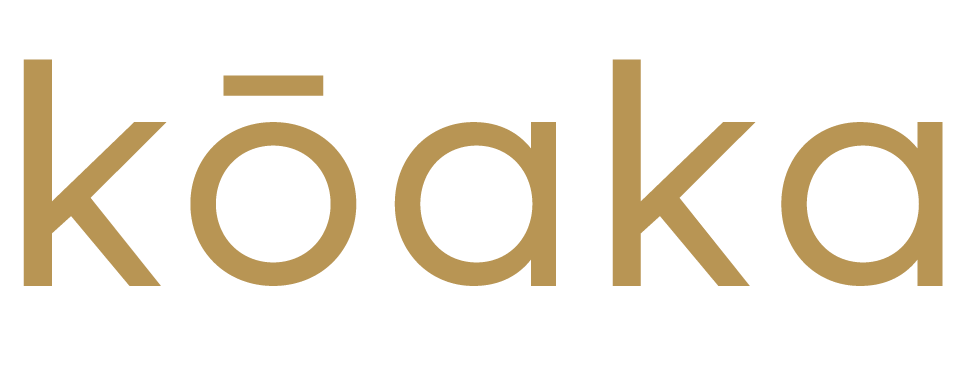A List of Top Foods to Support Eczema Sufferers
As I explained in our last blog ‘How is Kai Related to Eczema’ the food we consume has a major influence on our eczema symptoms.
We want to be eating kai (food) that supplies valuable nutrients to help decrease inflammation and promote skin repair and maintenance.
We have compiled a list of top foods and ingredients which are substitutes for trigger foods;
Bananas - Uniquely alkalising thanks to the potassium content. Salicylate-free rich in fibre and contains own amine/histamine-lowering nutrients magnesium and vitamin C.
Papaya - contains a range of carotenoids, which are potent antioxidants that can modulate gene activity to protect against inflammatory damage. Not to mention the high amounts of Vitamin C, the anti-histamine vitamin.
Broth - soothes the gastrointestinal tract and provides the skin-repairing amino acid glycine, which is needed to produce connective tissue and enhances detoxification of chemicals. Our favourite is @thelittlebonebrothcompany vege broth
White potato and kumara - viable staples rich in fibre, potassium and vitamin C.
Buckwheat - gluten-free grain that’s actually a fruit. Unlike wheat, it's gentle on the GI tract and rich in potent antioxidant flavonoids rutin and quercetin.
Mung bean sprouts - contain magnesium, vitamin K, folate, potassium and Vitamin C.
Oats - Eczema sufferers need to start their day with a nutritious breakfast and wholegrain or rolled oats provide more dietary fibre and protein than other grain cereals. They’re a source of Vitamin E, zinc, potassium, iron, manganese and silica, an essential mineral for strengthening connective tissue in the skin. (A good way to boost omega 3’s is to add some hemp seed oil to your rolled oats in the morning too).
Hemp seeds - have potent anti-inflammatory properties due to their omega 3 content and the GLA in the omega 6. Hemp contains essential nutrients like magnesium, iron and zinc and are also a complete protein source containing all 20 amino acids. So, not only are our hemp seed oil based skincare products going to heal and treat your eczema, you can also improve your health further by including hemp seeds into your meals too.
Red Cabbage - has double the amount of fibre than regular cabbage and the protective purple pigments are anthocyanins - powerful flavonoids that have skin-protective effect against UV sunlight when consumed frequently. Their anti-inflammatory properties activate the production of collagen for healthy skin.
Spring Onions - high in histamine-lowering, anti-inflammatory quercetin. They contain folate, vitamin C, beta-carotene and lutein and are one of the richest sources of vitamin K, vital for healthy skin.
Beetroot - strong alkalising properties which boost liver detoxification of salicylates and other chemicals.
Lecithin granules - are made up of essential fatty acids, phosphorous, inositol and choline, which is an important component of bile, a substance the liver makes to remove unwanted chemicals and fats from the body.
Protein
Hemp is a fantastic protein source, especially for eczema sufferers. Aside from hemp other good eczema-friendly protein sources include:
Canned or dried beans
Green beans
Mung bean sprouts
Lentil sprouts
Lentils
We want to avoid tempeh and vegan patties/sausages due to the addition of flavour enhancers and/or salicylates).
It is also interesting to note that eczema sufferers are often highly allergic to eggs.
Coming up
Keep posted for our next blog coming soon on supplements and eczema, for those of us with busy lives unable to adhere to the strict diets.
If you have any questions regarding hemp for eczema or general questions for our pharmacist please get in touch via our contact page.


